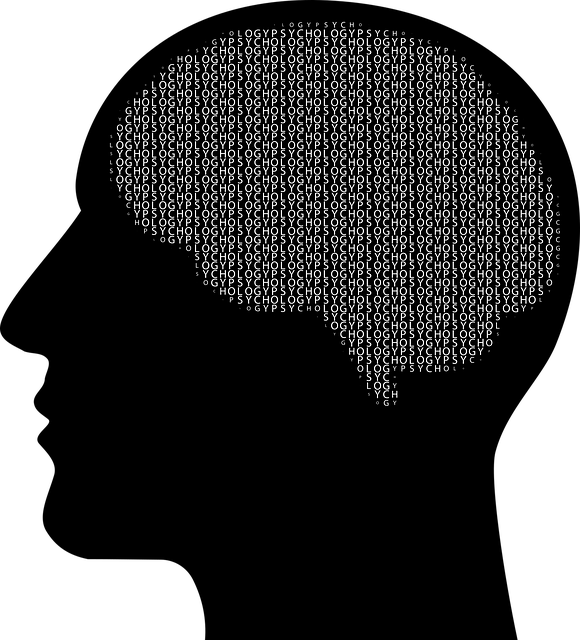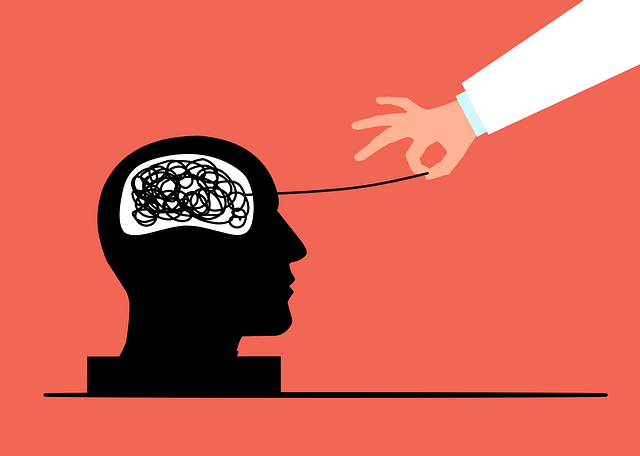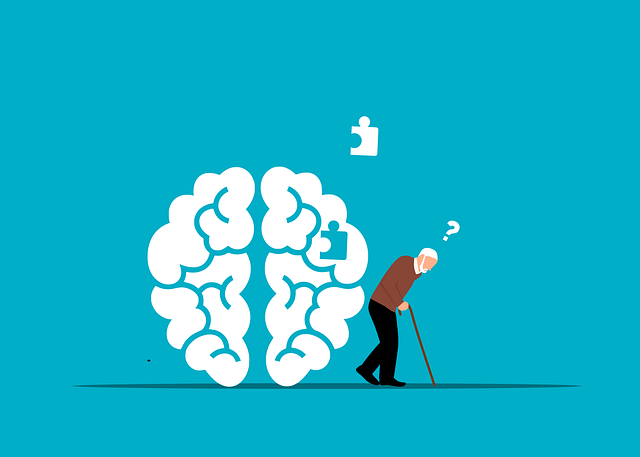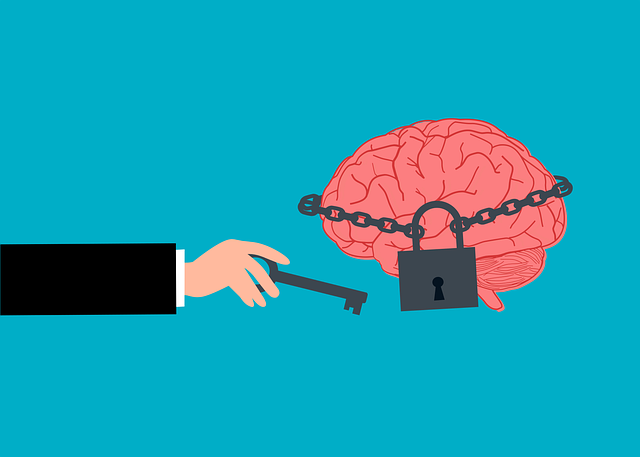Cultural sensitivity is essential in mental healthcare, particularly for conditions like ADD/ADHD, as it influences how individuals express and interpret emotions. Understanding diverse cultural backgrounds ensures tailored care, effective communication, and accurate diagnoses. In Lone Tree's diverse community, mental health professionals must navigate cultural nuances to provide culturally sensitive evaluations and therapy for ADD-ADHD, integrating beliefs, values, and practices into assessment tools and therapeutic approaches. This holistic approach enhances patient experiences, improves outcomes, and promotes inclusive mental healthcare services.
Cultural sensitivity is a cornerstone of effective mental healthcare, especially in diverse communities. This article explores the intricate relationship between culture and mental health, highlighting how one’s cultural background shapes their experiences and perceptions. We delve into the challenges faced by practitioners offering culturally competent care, particularly in areas like Lone Tree ADD-ADHD evaluations and therapy. Additionally, practical strategies for incorporating cultural sensitivity are presented, drawing from case studies to illustrate successful approaches.
- Understanding Cultural Sensitivity in Mental Healthcare
- The Impact of Cultural Background on Mental Health Perception
- Challenges in Providing Culturally Competent Care
- Strategies for Incorporating Cultural Sensitivity in Practice
- Case Studies: Lone Tree ADD-ADHD Evaluations and Therapy
Understanding Cultural Sensitivity in Mental Healthcare

Cultural sensitivity in mental healthcare is a critical aspect that cannot be overlooked when providing effective treatment. It involves recognizing and appreciating the diverse cultural backgrounds of patients, which significantly influences their mental health experiences and expressions. In many cases, individuals from different cultural groups may present unique challenges and strengths in seeking therapy for conditions such as Lone Tree ADD-ADHD Evaluations and Therapy.
Understanding cultural nuances allows healthcare professionals to deliver tailored care that respects individual differences. This involves learning about various cultural practices, beliefs, and communication styles, which can impact how a patient perceives and engages with mental health services. Incorporating approaches like Stress Management techniques, Conflict Resolution Techniques, and fostering Mind Over Matter principles within a culturally sensitive framework ensures that treatment plans are not only effective but also considerate of the patient’s background, thereby enhancing the overall therapeutic experience.
The Impact of Cultural Background on Mental Health Perception

Understanding the impact of cultural background on mental health perception is a crucial aspect of cultural sensitivity in mental healthcare practice. Every individual carries their unique cultural lens, which shapes how they interpret and express emotions. For instance, certain cultures may view stress or anxiety as a personal weakness, while others might consider it a response to external circumstances. This differing perspective can influence help-seeking behaviors, with some communities being more open to Lone Tree ADD-ADHD evaluations and therapy than others.
Cultural norms also play a significant role in the presentation of mental health issues. What may be considered a normal emotional reaction in one culture could be indicative of a deeper problem in another. This is particularly relevant when assessing conditions like Attention Deficit Disorder (ADD) or Anxiety Disorders, where symptoms can vary across cultures. A culturally sensitive approach ensures that healthcare providers are equipped to recognize and understand these nuances, ultimately facilitating more accurate diagnoses and effective mental wellness podcast series production.
Challenges in Providing Culturally Competent Care

Providing culturally competent care presents unique challenges for mental healthcare professionals, especially when navigating diverse communities like that of Lone Tree, where individuals from various cultural backgrounds seek support. In the context of ADD-ADHD evaluations and therapy, understanding cultural nuances is paramount. Each culture carries its own set of beliefs, values, and practices that can influence how individuals perceive and express mental health issues. For instance, some cultures may view symptoms of ADHD as a sign of personal weakness rather than a neurodevelopmental condition, impacting the willingness to seek professional help.
The Mental Wellness Podcast Series Production highlights the importance of culturally sensitive approaches in depression prevention and inner strength development. Healthcare providers must be adept at interpreting non-verbal cues and respecting cultural taboos surrounding mental illness. This sensitivity is crucial for building trust and ensuring effective communication. By recognizing these challenges, mental health professionals can adapt their assessment and treatment methods, fostering an inclusive environment that respects the diverse needs of their clients.
Strategies for Incorporating Cultural Sensitivity in Practice

Incorporating cultural sensitivity into mental healthcare practice is a multifaceted approach that requires ongoing education and reflection. Healthcare providers can start by actively listening to and understanding the unique cultural backgrounds of their clients, which often involves learning about different beliefs, values, and practices. This knowledge can be gained through direct communication with patients, as well as from cultural resources and training programs focused on enhancing cultural competence in mental health care, particularly for conditions like ADD/ADHD.
For instance, when conducting evaluations for ADD/ADHD in individuals from diverse backgrounds, therapists should be aware of the potential cultural variations in presenting symptoms. Some cultures may emphasize internalizing issues rather than external manifestations, impacting how a client describes their struggles with focus and organization. Therefore, using culturally sensitive assessment tools and tailoring therapy to incorporate family involvement or community resources can significantly improve outcomes, offering effective Anxiety Relief and Stress Reduction Methods tailored to each client’s needs, while also providing Crisis Intervention Guidance when necessary.
Case Studies: Lone Tree ADD-ADHD Evaluations and Therapy

In the context of mental healthcare, cultural sensitivity is paramount, especially when addressing conditions like ADD-ADHD in diverse communities. The case of Lone Tree, a hypothetical locale, offers insights into the importance of tailored approaches for effective evaluations and therapy. Here, cultural nuances play a pivotal role in understanding and treating individuals with ADD-ADHD, ensuring that interventions are not just culturally sensitive but also empowering.
For instance, when assessing anxiety relief, stress management, or confidence boosting among Lone Tree residents, therapists must consider the local cultural context. Traditional practices, community support systems, and even language barriers can significantly influence a patient’s experience of mental health issues and their response to treatment. By integrating these cultural factors into evaluations, therapists can provide more precise diagnoses and personalized therapy plans, ultimately enhancing therapeutic outcomes for ADD-ADHD patients in Lone Tree.
Incorporating cultural sensitivity into mental healthcare practice is not just a recommendation, but an essential strategy for offering effective care to a diverse range of patients. As evidenced by the case study on Lone Tree ADD-ADHD evaluations and therapy, understanding and respecting cultural backgrounds significantly influences treatment outcomes. By implementing strategies like educating professionals, fostering inclusive environments, and adapting therapeutic approaches, mental health practitioners can navigate cultural challenges effectively. This approach ensures that all individuals, regardless of their background, receive compassionate and culturally competent care tailored to their unique needs.














